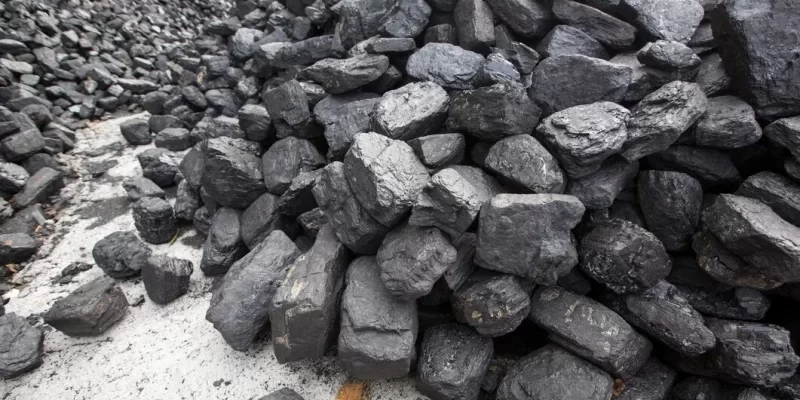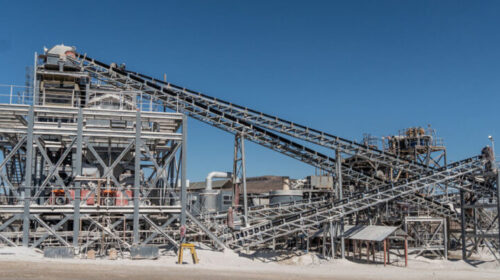China Boosts Coal and Gas Imports as Summer Approaches
China is capitalizing on lower international prices for coal and natural gas to bolster its stockpiles of power fuels in preparation for another hot summer.
Gas imports surged by 21% through the end of April compared to the previous year, while coal purchases saw a 13% increase. This spike in coal imports defied expectations of a moderation from last year’s record-setting pace, despite domestic production experiencing its first quarterly drop since the third quarter of 2020.
Coal miners are facing challenges such as heightened safety scrutiny following fatal accidents and declining quality due to the rapid expansion of capacity in recent years. Additionally, Beijing’s target to peak coal consumption by 2025 has led producers to impose limits on output growth.
As a result, utilities are increasingly reliant on imports, benefiting from relatively lower fuel costs on the global market. The Japan-Korea marker for liquefied natural gas (LNG) averaged just over $9 per million British thermal units in the first quarter, down from $18 in the same period in 2023. Similarly, Newcastle coal futures from major exporter Australia averaged $127 a ton, compared to $236 in the previous year.
Ensuring power supplies remains a priority for Chinese policymakers, especially after the embarrassing shortages experienced in 2021 and 2022, which led to widespread factory shutdowns.
Moreover, forecasts predict another unusually hot summer in the northern hemisphere, which is expected to drive up demand for air conditioning in the coming months.
Despite significant investments in wind and solar energy, China’s power demand, including from electric vehicles, continues to outpace new supply.
This year, power consumption is projected to increase by 8% in the first half, with peak demand expected to surpass last year’s record by 100 gigawatts.
However, there are indications that China may be approaching a tipping point where new clean energy installations are sufficient to meet additional demand, potentially leading to a long-term decline in fossil fuel usage and emissions.
Gas and coal prices have recently begun to rise, prompting some gas buyers to offer to resell summer cargoes, suggesting that the surge in imports may soon subside.
77 total views , 2 views today





